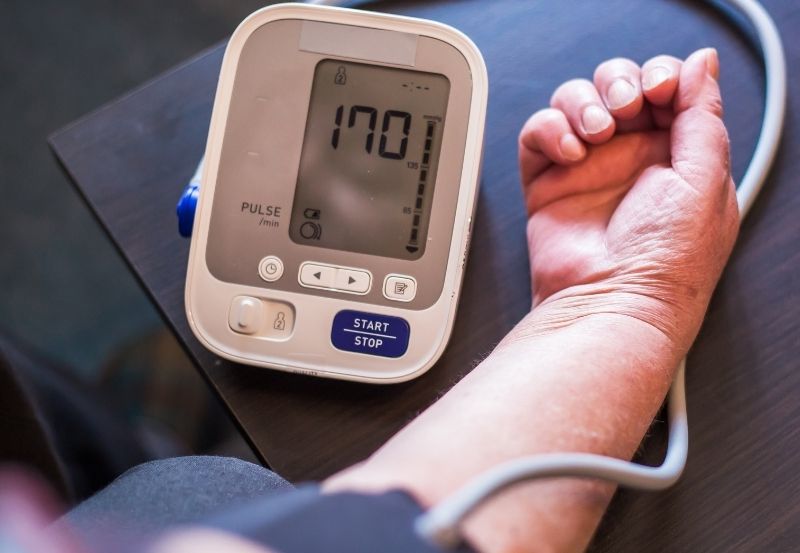Steps to Monitor Your Heart Health at Home

Cardiovascular disease remains the leading cause of death in the United States. That means taking care of your heart health isn’t just a good practice to consider. It’s a necessity to limit the risk of developing coronary artery disease, congestive heart failure, peripheral artery disease or various other heart conditions.
“We can never take our heart health for granted,” said Dr. Jason Pelton, an interventional cardiologist with the CHI St. Vincent Heart Institute in Hot Springs. “It’s important for all of us to stay proactive in living a healthy lifestyle.”
Heart Rate Problems to Monitor At Home
Monitoring heart health starts at home and one of the key components is routinely tracking blood pressure and blood sugar levels. Hypertension and diabetes are two common conditions that can cause heart disease if left untreated.
“We know that the earlier we intervene in hypertension and diabetes, the lower a patient’s cardiovascular risk will be,” Dr. Pelton said. “Home monitoring is very important and most machines are very affordable and simple to use.”
A Smartwatch or Other Home Devices Can Help Monitor Your Heart Rate
Now with the capability of monitoring heart rate, oxygen saturation levels and blood pressure, many smartwatches can also be a valuable tool for monitoring heart health at home. By delivering alerts for an irregular or rapid heartbeat, smartwatches with heart monitoring technology can even help lead to the discovery and eventual diagnosis of atrial fibrillation.
Blood pressure is a particularly important statistic for monitoring heart health at home. High blood pressure can be invisible and silent, so having it routinely checked is vital in preventing heart attacks, stroke and congestive heart failure.
“Monitoring blood pressure at home is very important,” said Dr. Pelton. “The machines are very easy to use, and patients can use it as a log to keep up with where their blood pressure is each day. Every patient I see, I give them a sheet to maintain their blood pressure.”
No Technology Replaces a Good Relationship with Your Cardiologist
Tracking blood pressure, watching blood sugar levels, implementing a healthy diet and not smoking are all great practices for supporting heart health. It’s also important to remember that nothing at home can replace the value of an ongoing relationship with a cardiologist.
“Maintaining regular contact with your cardiologist or primary care physician is the best way to protect your heart and work toward early detection for any possible conditions,” said Dr. Pelton. “I think anybody that is of adult age should be annually screened for high blood pressure and hypertension to start that relationship and get the care and regular check-ups they need.”
Dr. Pelton and other leading heart specialists from the CHI St. Vincent Heart Institute in Hot Springs offer comprehensive services and the latest technology to provide quality, compassionate care to patients across Southwest Arkansas. From a chest pain unit for evaluation to a comprehensive cardiac rehabilitation program, the CHI St. Vincent Hot Springs Heart Center can help you get back to living.
For more health tools and tips for monitoring your heart health at home, visit the CHI St. Vincent Better You Hub at: chistvincent.com/betteryou
